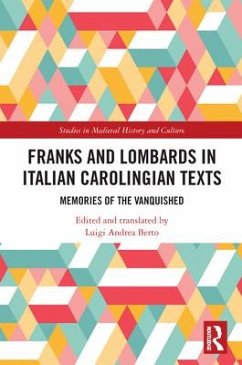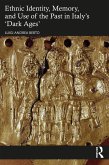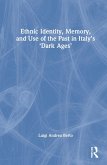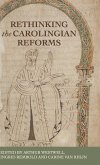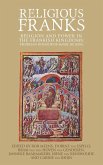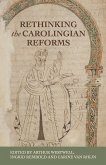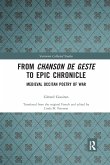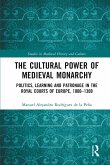Franks and Lombards in Italian Carolingian Texts examines how historians of Carolingian Italy portrayed the history of the Lombards, Charlemagne's conquest of the Lombard kingdom, and the presence of the Franks in the Italian Ppeninsula.
The different contexts and periods in which these writers composed their works allows readers to focus on various aspects of this period and to highlight the different ways the vanquished remembered Carolingian rule in Italy. The '"memories'" of these authors are organized by topic, ranging from the origin of the Lombards to the conflicts that broke out among the Carolingians after Louis II died in 875. Besides presenting the English translation and the original Latin text of the excerpts from the Italian Carolingian historical works, the volume also contains the English translations of the same events recorded in Frankish and papal narrative texts. In this way it is possible to compare different memories about the same episode or topic.
The book will appeal to scholars and students of the Lombards and Carolingians, as well as all those interested in medieval Europe.
The different contexts and periods in which these writers composed their works allows readers to focus on various aspects of this period and to highlight the different ways the vanquished remembered Carolingian rule in Italy. The '"memories'" of these authors are organized by topic, ranging from the origin of the Lombards to the conflicts that broke out among the Carolingians after Louis II died in 875. Besides presenting the English translation and the original Latin text of the excerpts from the Italian Carolingian historical works, the volume also contains the English translations of the same events recorded in Frankish and papal narrative texts. In this way it is possible to compare different memories about the same episode or topic.
The book will appeal to scholars and students of the Lombards and Carolingians, as well as all those interested in medieval Europe.

